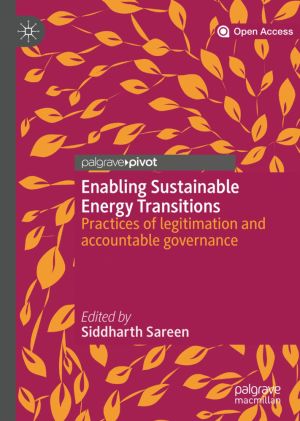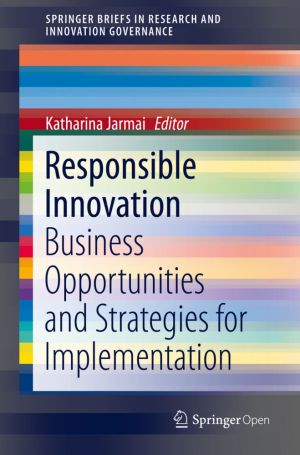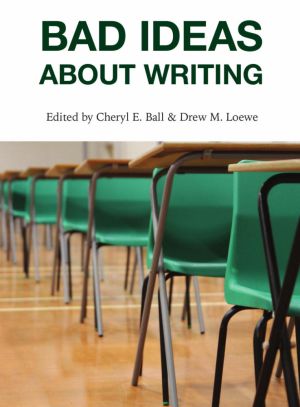Bad Ideas About Writing
by Cheryl Ball, Drew Loewe
DescriptionTable of ContentsDetailsHashtagsReport an issue 






Book Description
We intend this work to be less a bestiary of bad ideas about writing than an effort to name bad ideas and suggest better ones. Some of those bad ideas are quite old, such as the archetype of the inspired genius author, the five-paragraph essay, or the abuse of adjunct writing teachers. Others are much newer, such as computerized essay scoring or gamification. Some ideas, such as the supposed demise of literacy brought on by texting, are newer bad ideas but are really instances of older bad ideas about literacy always being in a cycle of decline. Yet the same core questions such as what is good writing, what makes a good writer, how should writing be assessed, and the like persist across contexts, technologies, and eras. The project has its genesis in frustration, but what emerges is hope: hope for leaving aside bad ideas and thinking about writing in more productive, inclusive, and useful ways.This open book is licensed under a Creative Commons License (CC BY). You can download Bad Ideas About Writing ebook for free in PDF format (2.5 MB).
Table of Contents
Chapter 1
Bad ideas about what good writing is
Chapter 2
Bad ideas about who good writers are
Chapter 3
Bad ideas about style, usage, and grammar
Chapter 4
Bad ideas about writing techniques
Chapter 5
Bad ideas about genres
Chapter 6
Bad ideas about assessing writing
Chapter 7
Bad ideas about writing and digital technology
Chapter 8
Bad ideas about writing teachers
Book Details
Title
Bad Ideas About Writing
Publisher
Digital Publishing Institute
Published
2017
Pages
382
Edition
1
Language
English
ISBN13 Digital
9780998882000
ISBN10 Digital
0998882003
PDF Size
2.5 MB
License

Related Books

William Sharp (1855-1905) conducted one of the most audacious literary deceptions of his or any time. A Scottish poet, novelist, biographer, and editor, he began in 1893 to write critically and commercially successful books under the name Fiona Macleod who became far more than a pseudonym. Enlisting his sister to provide the Macleod handwriting, he...

The human population's annual total consumption is not sustainable by one planet. This unprecedented situation calls for a reform of religious cultures that promote a large ideal family size. Many observers assume that Christianity is inevitably part of this problem because it promotes "family values" and statistically, in America an...

Many scholars have wondered if a non-Western theory of international politics founded on different premises, be it from Asia or from the "Global South," could release international relations from the grip of a Western, "Westphalian" model. This book argues that a Buddhist approach to international relations could provide a genui...

This book surveys drinking in Britain between the Licensing Act of 1869 and the wartime regulations imposed on alcohol production and consumption after 1914. This was a period marked by the expansion of the drink industry and by increasingly restrictive licensing laws. Politics and commerce co-existed with moral and medical concerns about drunkenne...

"This compact book argues that ideas about accountability and legitimation – drawn from work on environmental governance – can open up new analytical perspectives on what is holding back effective energy system transformation. With bite-size chapters and illustrative cases that draw on the work of five expert witnesses, this is a novel int...

This Open Access book, Responsible innovation provides benefits for society, for instance more sustainable products, more engagement with consumers and less anxiety about emerging technologies. As a governance tool it is mostly driven by research funders, including the European Commission, under the term "responsible research and innovation&qu...

